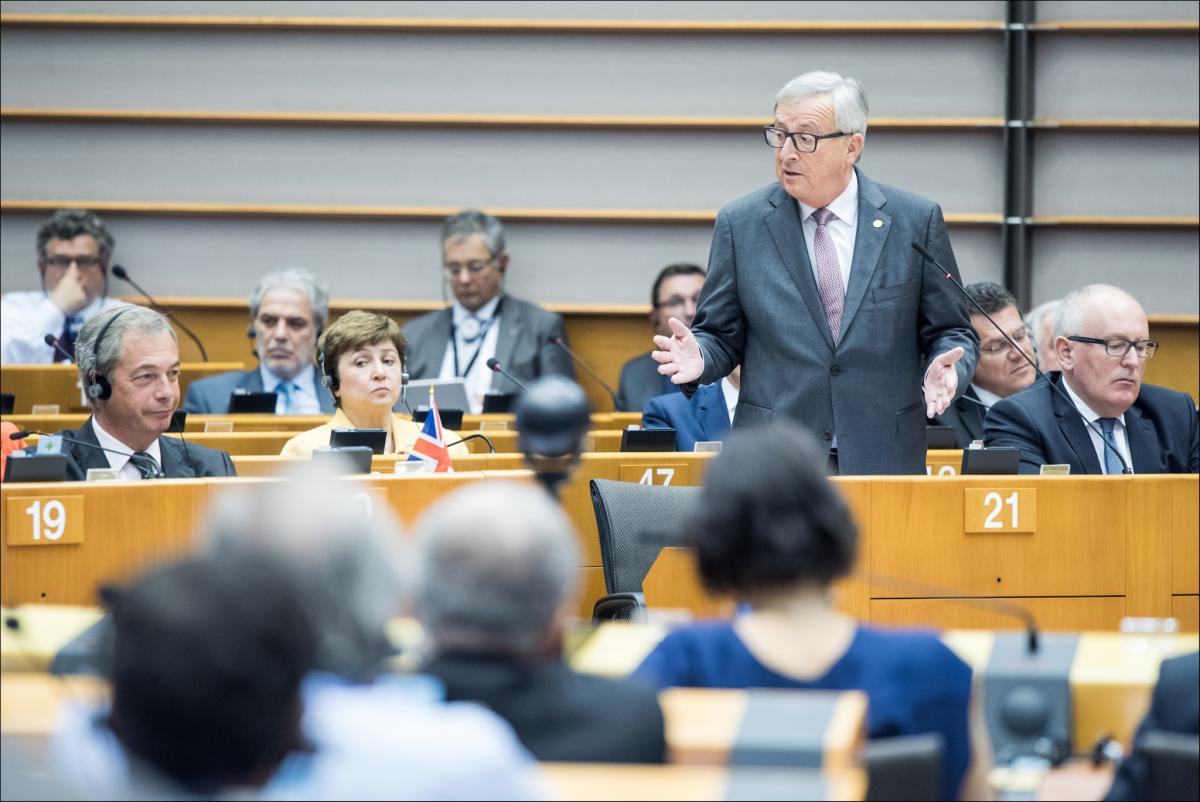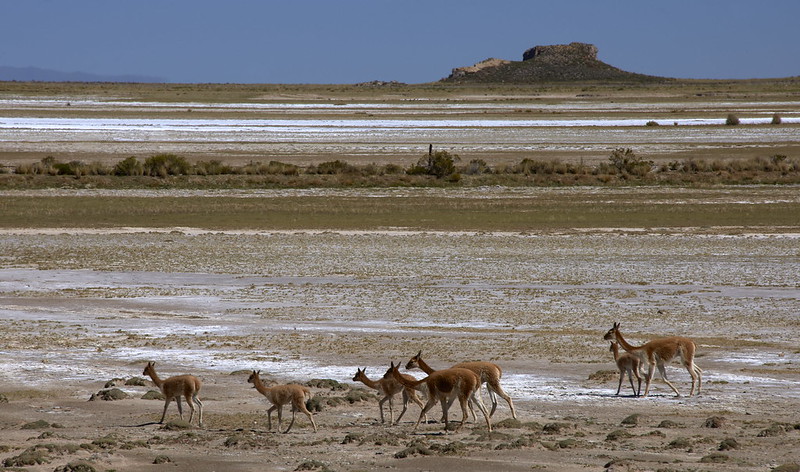IUCN expresses concern at implications for the environment of Brexit
IUCN is concerned about the implications for the environment of the British decision to leave the EU. In addition to the anticipated consequences for British environment policies, it poses challenges for future international cooperation and creates uncertainty around European environmental legislation.

Photo: European Union 2016 - European Parliament
EU Environmental policy is based on the principle that most environmental issues do not respect national boundaries and are better addressed by common action rather than unilaterally. The UK’s departure from the EU could profoundly affect decisions and positions related to the environment, potentially reducing ambitions on certain standards, such as climate change targets or reforms to the Common Agricultural Policy. The EU may also need to make expenditure adjustments in order to compensate for the loss of the UK’s net contribution to the EU budget.
More broadly, the UK`s departure could have wider consequences related to international trade and climate negotiations, as well as multilateral environmental agreements.
When the UK leaves, EU law will no longer apply, so Britain will need to design and implement new national policies in areas currently dominated by European laws and regulations. This may lead to less joined-up policy-making within the UK between sectors such as the environment, animal health and welfare, and agriculture. Increased fragmentation may consequently undermine common European standards that have previously been implemented to safeguard rights and freedom of trade and movement.
Luc Bas, Director of the IUCN Regional Office for Europe, says: “We can only be disappointed with this result – it will weaken the EU in international environmental debates and creates a great deal of uncertainty about the future. More than ever, the remaining 27 EU countries must now prove that a better future for Europe, its citizens and its environment can only be achieved by working closely together. We hope EU decision-makers work towards a Union that addresses the most critical issues of our time in a collaborative manner. This is especially crucial for major environmental challenges such as biodiversity loss and climate change, which affect both humans and nature.”



